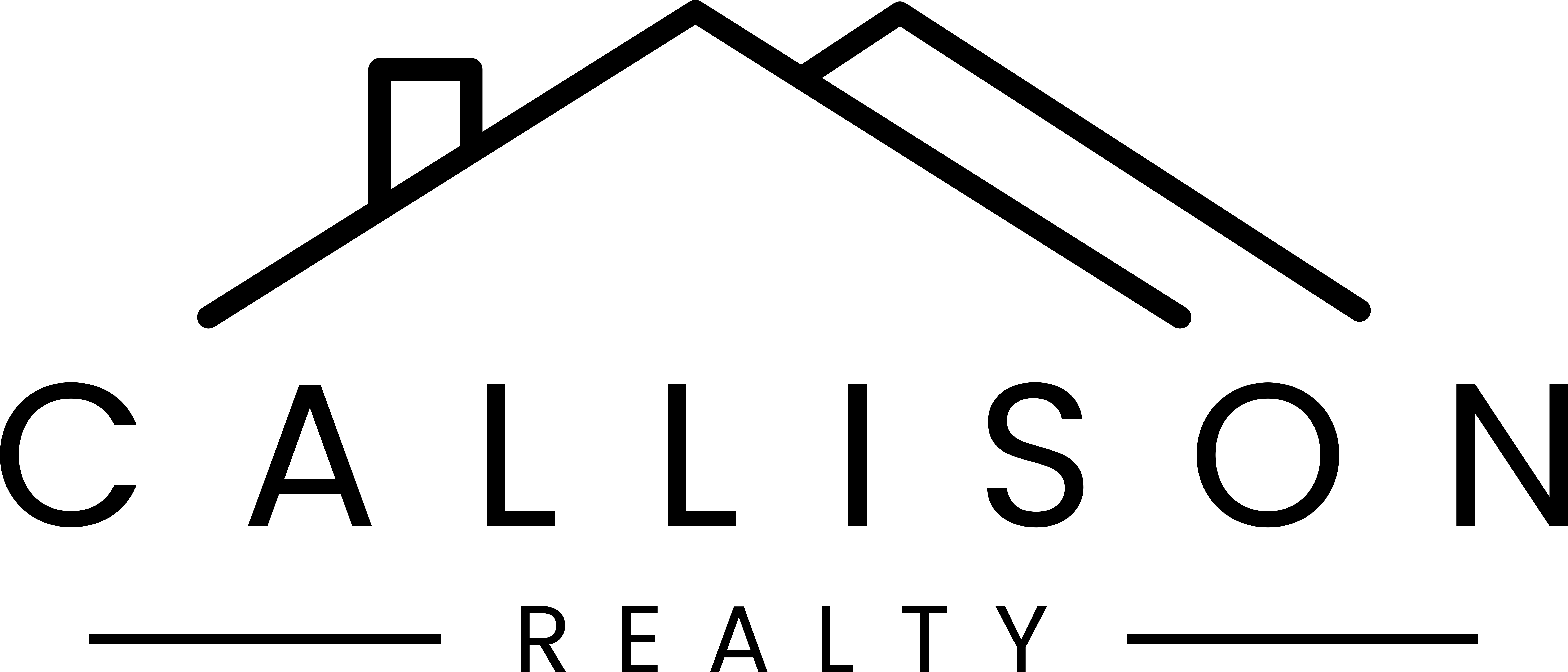The Ultimate First-Time Home Buyer’s Guide
Buying your first home is an exciting milestone! But for many first-time home buyers, the process can feel overwhelming and even a bit intimidating. This first-time home buyer’s guide breaks down everything you need to know—from saving for a down payment to closing on your dream home. With 21 essential tips, you’ll feel confident about how to buy a house and be prepared to navigate each step with ease.
1. Start Saving Early
Budgeting for Your Down Payment
Saving for a down payment is a crucial step in buying a house, especially for first-time buyers. Ideally, aim to save 3% to 20% of the home price, depending on your loan. Create a budget and consider options like FHA loans for lower down payments, or ask about local down payment assistance programs for first-time home buyers.
2. Improve Your Credit Score
Get the Best Mortgage Rates
Your credit score has a big impact on the interest rate you qualify for. Work on paying off high-interest debt, keeping credit card balances low, and checking your credit report regularly for errors. Improving your credit score can save you thousands over the life of your loan.
3. Hold Off on New Debts
Avoid Financing Major Purchases
To maximize your home-buying potential, avoid taking on any new loans or large purchases, like a car, right before applying for a mortgage. Doing so can impact your debt-to-income ratio, which lenders closely examine.
4. Determine Your Budget
Figure Out How Much Home You Can Afford
Knowing how much you can comfortably afford is key. Calculate mortgage payments that fit within your income, but don’t forget to include property taxes, insurance, and maintenance costs. Many experts recommend not spending more than 28-30% of your income on housing.
5. Research Different Mortgage Options
Explore FHA, VA, and Conventional Loans
Not all mortgages are created equal. FHA loans, for example, have lower down payment requirements and more lenient credit standards. If you are a military veteran, most VA loans will be offered to you without any down payments. Compare options with an experienced loan officer to find the best fit for your financial goals.
6. Check Out First-Time Buyer Programs
Get Financial Help for Your First Home
First-time home buyer programs, like USDA loans and down payment assistance programs, can help make homeownership more affordable. If you are in Georgia, Georgia offers a Dream Homeownership Program that provides affordable financing options, down payment, and closing cost assistance. Ask your lender about available programs in your state.
7. Explore State and Local Buyer Assistance Programs
Find Grants and Low-Interest Loans
Some states offer grants or low-interest loans for qualifying first-time buyers. These can help cover down payments, closing costs, and other expenses. Check for eligibility in your area to ease the financial burden of buying a home.
8. Gather Your Loan Documents
Be Prepared for the Paperwork
Lenders require extensive documentation for mortgage approval, including bank statements, pay stubs, tax returns, and rent payment history. Gathering these in advance can speed up the process and reduce last-minute stress.
9. Shop for Lenders
Compare Rates and Terms
Different lenders offer different rates, fees, and services. Compare at least three lenders to find the best combination of loan terms and customer service. A responsive, helpful loan officer can make a significant difference in your experience.
10. Avoid Risky Loan Types
Stay Away from Adjustable-Rate Mortgages
First-time home buyers are often better off with a fixed-rate mortgage, which provides consistent monthly payments. Adjustable-rate and interest-only loans can lead to payment hikes that may strain your finances.
11. Budget for Closing Costs
Prepare for Fees Beyond Your Down Payment
Closing costs typically range from 2-5% of the home’s purchase price. These fees cover appraisals, title insurance, and more. Your lender will provide an estimate of these costs early in the process, allowing you to budget accordingly. Recent regulation changes don’t require sellers to pay for the buyer’s agent commission, and therefore, you may be on the hook for an agent commission of up to 3% of the home’s purchase price.
12. Factor in Extra Costs
Know All the Hidden Fees
Beyond closing costs, there are other expenses like appraisal fees, inspection fees, HOA fees, title searches, and prepaid taxes & insurance. Be prepared for these additional fees, as they add up quickly during the mortgage process.
13. Evaluate Your Financial Readiness
Make Sure You’re Prepared for a Mortgage
Take a close look at your finances, ensuring you have a stable income, good credit, and manageable debt. Ensure your savings cover both the down payment and a reserve for emergency expenses. Consider the stability of your income and how well it aligns with homeownership.
14. Get Pre-Approved for a Loan
Show Sellers You’re Ready to Buy
Pre-approval means a lender has reviewed your finances and is ready to loan you up to a certain amount. This boosts your bargaining power with sellers, especially in competitive markets, and can speed up your path to closing.
15. Use Real Estate Apps for Research
Find Your Dream Home Online
Real estate apps like Zillow, Redfin, and Realtor.com can help you narrow down neighborhoods, home types, and price ranges. Look at recent sales to understand local market trends. This information helps you make informed decisions when you’re ready to tour properties.
16. Choose the Right Real Estate Agent
Find an Agent You Trust
An experienced agent knows the market, neighborhoods, and what’s involved in making a competitive offer. Interview several agents and look for one who understands your goals and works in your area. In most cases, Callison Realty can assist you in North Metro Atlanta. But if we can’t, we also have a network of real estate agents throughout the entire state of Georgia who we can refer you to. Book a meeting with us today.
17. Attend Open Houses and Virtual Tours
Explore Homes in Person and Online
Touring homes helps clarify what features you truly want. Open houses and virtual tours give you a feel for the layout and space, which is essential for making an informed decision.
18. Be Prepared to Negotiate
Get the Best Deal on Your New Home
Knowing your needs and budget allows you to negotiate effectively. In a competitive market, be ready to act quickly, as homes sell fast. Lean on your agent to help you structure a strong offer.
19. Stay Detached
Avoid Emotional Attachments
Home buying is an emotional journey, but attaching yourself too quickly to one property can lead to disappointment if a deal falls through. Keeping an open mind can help you find the right home without unnecessary stress.
20. Keep Your Paperwork Organized
Save Important Documents
From loan documents to home inspection reports, keep hard and digital copies of everything. These records will be valuable for taxes, future legal questions, or when you sell the home.
21. Plan for Home Maintenance
Budget for Repairs and Upkeep
Expect to spend around 1% of your home’s purchase price on maintenance each year. Older homes may require more frequent repairs. Planning for these expenses ensures you keep your home in excellent condition over time.
Buying a home for the first time is a thrilling experience. By following these 21 tips on buying a house, you’ll feel well-prepared and confident each step of the way. With careful planning, budgeting, and choosing the right professionals to guide you, you’ll be moving into your dream home sooner than you think. Remember, the key to success is preparation—so use this first-time home buyer’s guide to make the process smooth and enjoyable. Just remember that Callison Realty can help you with each step of the way, so don’t hesitate to contact us at any time. Happy house hunting!

